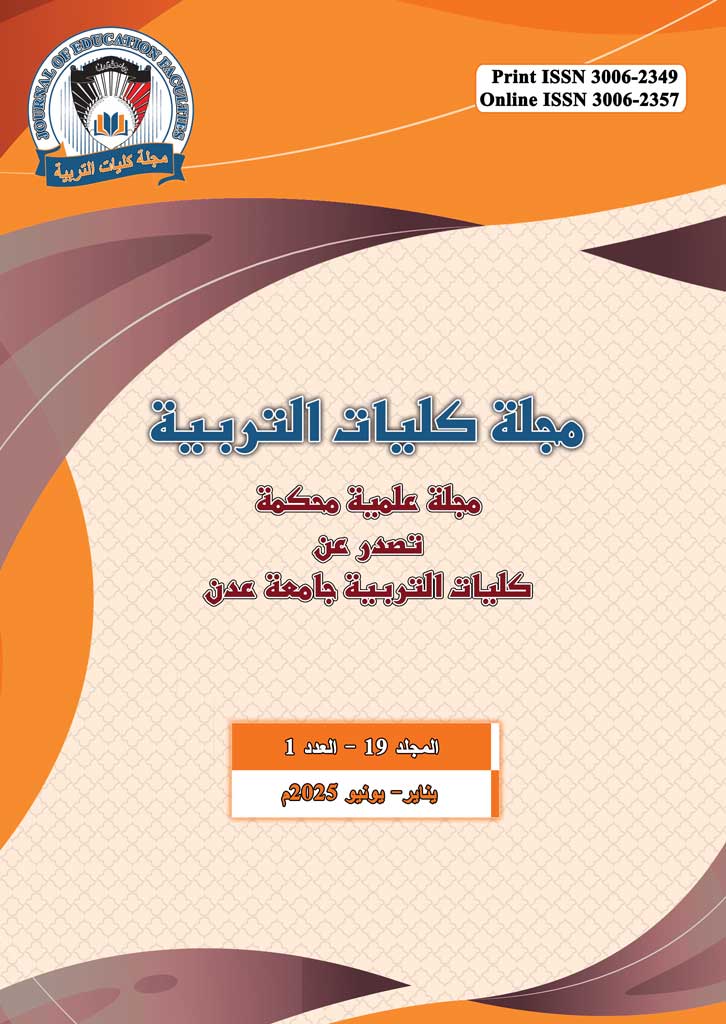Principles and Conditions for the Authentication of the Prophetic Hadith
DOI:
https://doi.org/10.47372/jef.(2025)19.1.118Keywords:
Authentication Principles, Prophetic HadithAbstract
The text of the Prophetic Hadith represents the Sunnah of the Prophet (peace be upon him) in terms of his sayings, actions, approvals, and both his physical and moral characteristics, as well as their narration and transmission. Scholars of Hadith, along with jurists and scholars of Islamic legal theory, have established principles, criteria, and conditions for accepting or rejecting these narrations. The fundamental aim of the study of Hadith (narration) lies in verifying the authenticity of the texts, which directly impacts the acceptance or rejection of a given Hadith-whereby accepted narrations are acted upon and rejected ones are disregarded. This highlights the significance of textual authentication, its role, and its impact on preserving the Prophetic Sunnah through the rules and regulations set by Hadith scholars. This is evident in their meticulous attention to the chain of transmission (isnād) and its narrators, assessing their precision, reliability, and integrity. Since the authenticity of the isnād is crucial for accepting or rejecting the text. Scholars also gave great importance to identifying hidden flaws within the texts of Hadith and to studying apparent conflicts—such as those between a Hadith and the Qur’an, other Hadiths, reason, sensory perception, the practice of the people of Medina, or the actions of the Companions, among other matters whose study and refinement are of utmost importance. This is also evident from our understanding that for hadith scholars to verify the authenticity of a narration, they must critically examine and ensure the reliability of both the chain of transmission (sanad) and the text (matn) with sufficient scrutiny to establish the authenticity or inauthenticity of both the sanad and the matn. Anyone who studies their methodology can conclude that they do not prioritize evaluating the sanad over evaluating the matn. The reason for this is that they established specific conditions for the authenticity of the sanad as well as for the matn. If one or more of these conditions are not met, the narration is deemed unreliable, regardless of whether the deficiency lies in the sanad or the matn. From this, we can deduce the elevated status of hadith science, its principles, and its crucial role in preserving and safeguarding the Prophetic Sunnah.
Downloads
Published
How to Cite
Issue
Section
License
Copyright (c) 2025 Journal of the Faculties of Education - University of Aden

This work is licensed under a Creative Commons Attribution-NonCommercial 4.0 International License.

